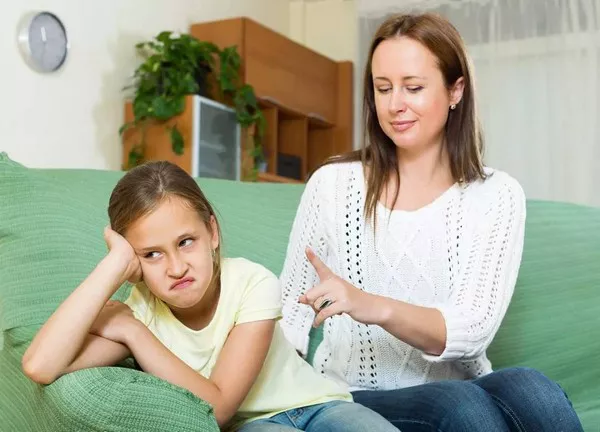A recent study conducted by the University of Helsinki has unveiled a significant connection between the personality traits and mental wellbeing of both pet owners and their furry companions. The research sheds light on the intricate dynamics of the attachment bond between humans and pets, underscoring its impact on their shared lives.
Examining the personality traits of thousands of dogs, cats, and their owners, the study delved into two dimensions of insecure attachment—anxious and avoidant—both in humans and their pets. Anxiously attached pet owners exhibit a heightened need for proximity and express concerns about losing their pets, while avoidantly attached owners seek a high degree of independence and fear a loss of personal autonomy.
A Novel Approach: Considering the Personality of Pets
In a pioneering move, the researchers not only explored the role of owner personality in attachment style but also delved into the personality traits of the pets themselves. Mental wellbeing was a focal point for both owners and pets, assessing symptoms of anxiety, depression, stress, and satisfaction with life for humans, and unwanted behavior traits for cats and dogs.
Mental Wellbeing Mirrored in Attachment Bonds
The study found a correlation between lower mental wellbeing scores of cat and dog owners and their anxiously attached relationships with their pets. For dog owners, these scores were also linked to an avoidant attachment style. The mental wellbeing of pets, manifested as unwanted behavior, exhibited associations with both attachment styles. Aggression and ADHD-like behavior were observed with avoidantly attached owners, while anxiously attached owners were linked to fear-based behavior.
Role of Pet and Owner Personality in Insecure Attachment
The study identified a connection between the personality traits of cat and dog owners and their pets and insecure attachment styles. Notably, owner neuroticism was associated with an anxious attachment style, reflecting emotional instability and insecurity.
Furthermore, the personality traits of the pets themselves played a role in insecure attachment. For instance, active cats and conscientious cat owners were more anxiously attached, while in dog owners, traits such as neuroticism, agreeableness, and extroversion were linked to less avoidant attachment.
Understanding the Pet-Owner Connection for Enhanced Wellbeing
The findings emphasize the profound impact of the attachment bond on the shared life of pet owners and their companions. Previous research has indicated that attachment style influences the type of care provided by owners to their pets.
Professor Hannes Lohi, leading the research group, highlights the uniqueness of the project involving dogs, cats, and owners. The study aims to contribute to a deeper understanding of the connections between owners and pets, providing insights for better decision-making when obtaining a pet and suggesting potential interventions for dog problem behavior that consider both pet and owner attachment styles.
This research is part of a larger project exploring the owner-pet relationship and its significance for wellbeing, with ongoing studies examining owner experiences of puppyhood.


























